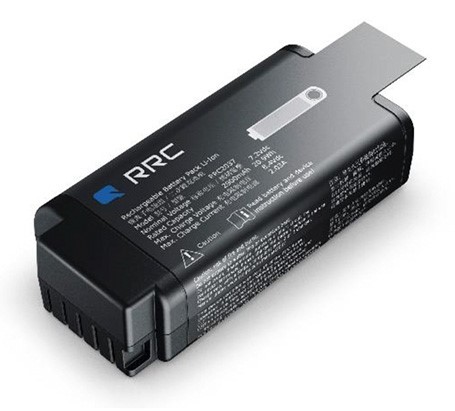A common question in the realm of electronics is whether a battery charger can be used as a power supply. This question arises due to the similarity in their functions. However, it is crucial to understand the differences and limitations of using a battery charger in place of a dedicated power supply.
Understanding Battery Chargers and Power Supplies
Battery chargers and power supplies serve distinct purposes despite their similarities. A battery charger is designed to transfer energy from an outlet to battery converter. Its primary function is to charge batteries, providing the correct voltage and current required to replenish a battery’s capacity.
On the other hand, a power supply provides a consistent and stable output of voltage and current to power electronic devices directly. Unlike battery chargers, power supplies are designed to maintain a steady output without the fluctuations that can occur during the charging process.
Can a Battery Charger Function as a Power Supply?
Technically, a battery charger can be used as a power supply in certain situations. However, this is not recommended for several reasons:
- Voltage Regulation: Battery chargers are not designed to provide the stable and regulated voltage required by many electronic devices. This can lead to inconsistent performance or even damage the devices.
- Current Output: The current output of a battery charger may not be sufficient or consistent enough for devices that require a steady current supply.
- Safety Concerns: Using a battery charger as a power supply can pose safety risks. Chargers are designed to handle the charging process, which includes various protections that may not be suitable for direct power supply applications.
Applications and Limitations
While it is technically possible to use a battery charger as a power supply in low-power applications or for short-term use, it is not advisable for high-power devices. Devices that require a stable and reliable power source, such as laboratory equipment, computers, and high-power battery applications, should always use a dedicated power supply.
Why a Dedicated Power Supply is Essential
Dedicated power supplies are engineered to provide a consistent and stable output. They incorporate advanced regulation circuits that ensure the voltage and current remain within specified limits. This reliability is crucial for sensitive and high-power devices, ensuring optimal performance and preventing potential damage.
Furthermore, power supplies come with various safety features, including overvoltage protection, short-circuit protection, and thermal shutdown. These features are essential for protecting both the power supply and the connected devices.
Choosing the Right Power Supply
When selecting a power supply, it is important to consider the following factors:
- Voltage and Current Requirements: Ensure the power supply can provide the necessary voltage and current for your device.
- Regulation and Stability: Look for power supplies with high regulation and stability ratings to ensure consistent performance.
- Safety Features: Choose power supplies with comprehensive safety features to protect your devices and ensure safe operation.
Ending Notes
While a high power battery charger might be used as a power supply in certain low-power and non-critical applications, it is not recommended due to potential risks and limitations. Dedicated power supplies are specifically designed to provide stable and reliable power, making them the preferred choice for powering electronic devices. At Emerging Power, we emphasize the importance of using the right equipment for the job to ensure safety, efficiency, and optimal performance in all applications.

